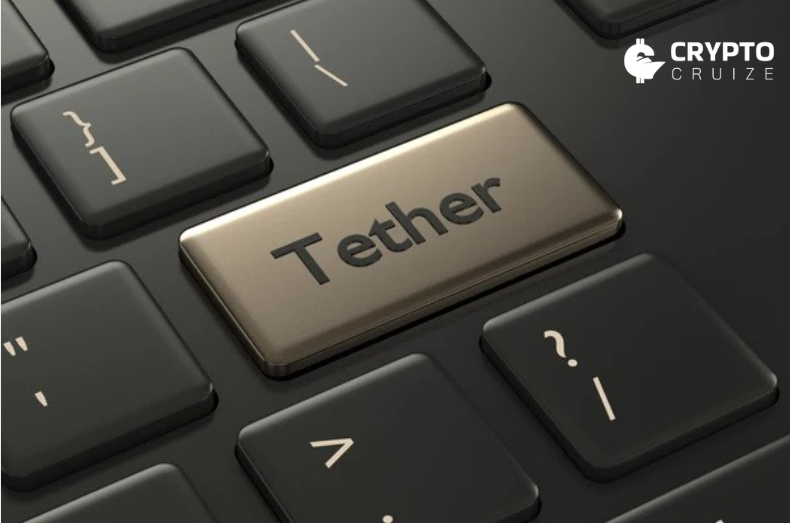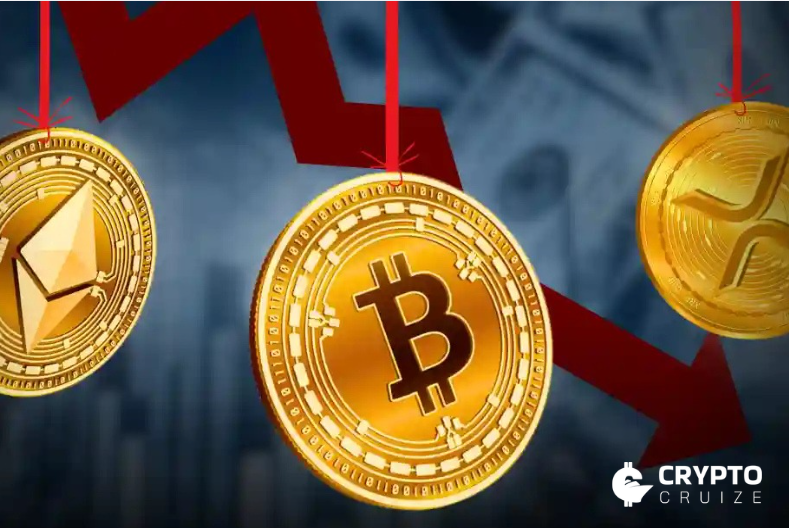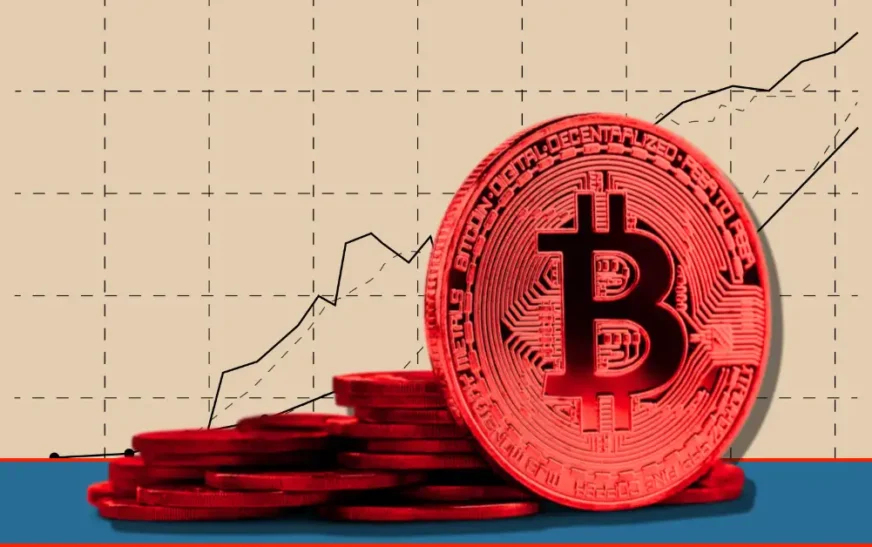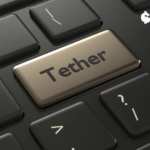Argentina’s President, Javier Milei, has sparked outrage after promoting a little-known cryptocurrency, $LIBRA, which skyrocketed in value following his endorsement—only to crash soon after. The controversial move has drawn comparisons to former U.S. President Donald Trump’s recent memecoin venture and has raised questions about political figures endorsing volatile digital assets.
The Rise and Fall of $LIBRA
On Friday night, Milei took to social media, calling $LIBRA a game-changer for Argentina’s economy. His post claimed the token would help small businesses and attract foreign investment, fueling a surge in its price. However, within hours, skepticism grew as a community note on X warned of potential fraud, likening $LIBRA’s activity to a “rug pull” scam. By midnight, Milei deleted his post, and the token’s value plummeted, leaving investors with heavy losses.
Milei’s Defence and Political Fallout
Attempting to control the damage, Milei distanced himself from the project, stating he had been unaware of its details before endorsing it. He later claimed his post was merely a routine business promotion, not a financial recommendation. Despite this, Argentina’s opposition parties condemned the incident, calling for investigations into possible misconduct. Former President Cristina Fernández de Kirchner accused Milei of misleading thousands, while a congressional commission is being considered to probe the matter.
Echoes of Trump’s Crypto Playbook
Milei’s crypto misstep mirrors Trump’s recent launch of $Trump, a memecoin that experienced a similar boom-and-bust cycle. Beyond crypto, Milei has also aligned with Trump politically, withdrawing Argentina from the World Health Organization and reconsidering the Paris climate accord. This latest controversy, however, could test the public’s trust in his leadership and economic vision.
What’s Next for Milei and Crypto in Argentina?
While Milei maintains that he had no personal ties to $LIBRA, the scandal has exposed the risks of political figures engaging with crypto markets. With investors reeling and investigations looming, the incident serves as a cautionary tale about the dangers of speculative tokens—especially when promoted at the highest levels of government.















